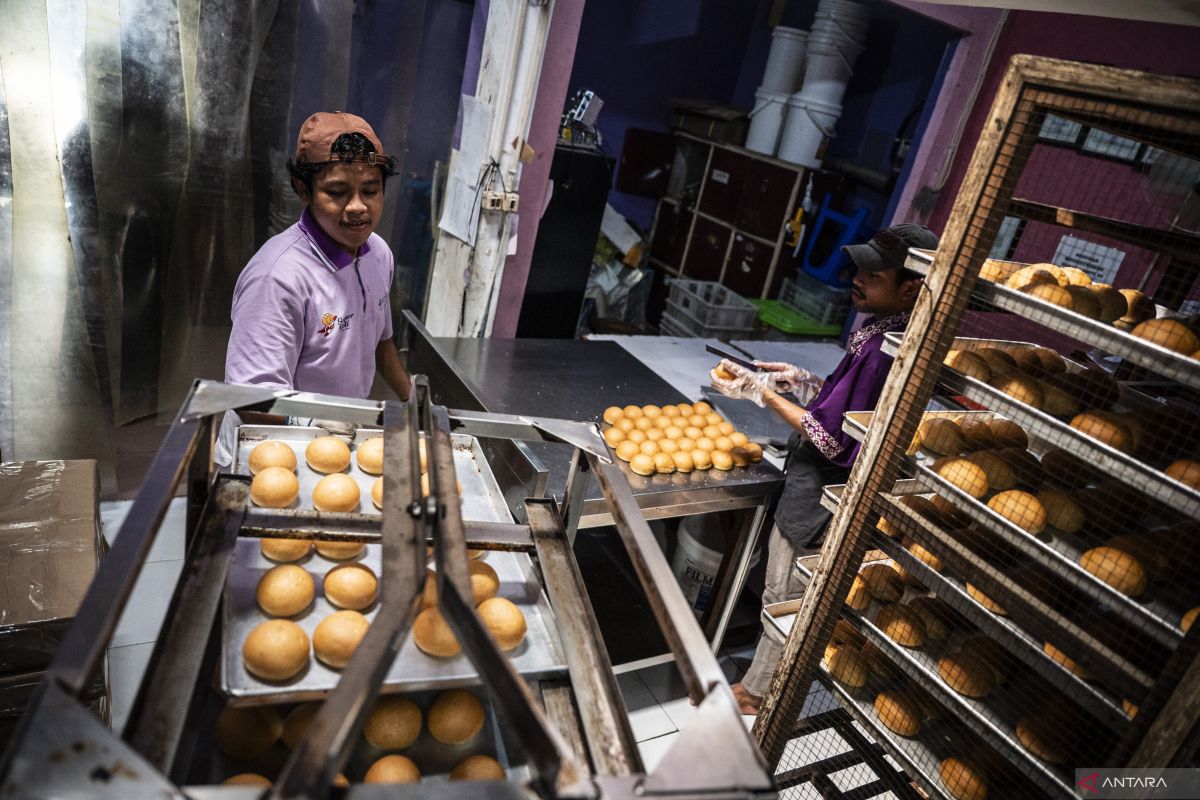Finance Minister Sri Mulyani Indrawati said the government aims to design compliance measures for both the formal and informal sectors in a way that guarantees fair taxation for all taxpayers.
"Thus, we will not tax them beyond their capacity," she emphasized during a press conference on the 2026 Draft State Budget in Jakarta on Friday.
For informal-sector MSMEs, the government will prioritize tax facilitation to encourage voluntary compliance.
Under Law No. 7 of 2021 on the Harmonization of Tax Regulations, MSMEs run by individual taxpayers enjoy tax-free income up to Rp500 million (around US$31,000). Meanwhile, those with annual turnover of up to Rp4.8 billion (around US$297,000) are subject to a final income tax of just 0.5 percent.
"We hope this will make MSMEs feel supported, because many perceive that all businesses, especially small ones, are burdened by taxes," Indrawati said.
She stressed that the CIP's primary focus is on curbing illegal activities in the shadow economy.
The 2026 Draft State Budget and Financial Notes (Book II) outline shadow economy eradication as one of the key strategies to boost state revenue.
This year, the government has already begun preparing the CIP, alongside studies on shadow economy mapping and intelligence analysis to strengthen law enforcement against high-risk taxpayers.
Other ongoing measures include integrating taxpayer identification numbers with national ID numbers and canvassing to collect data on unregistered taxpayers.
Related news: President Prabowo: Tax is a tool of justice for all Indonesians
Related news: No new taxes in 2026, only reforms, says Finance Minister
Translator: Imamatul Silfia, Raka Adji
Editor: Anton Santoso
Copyright © ANTARA 2025












